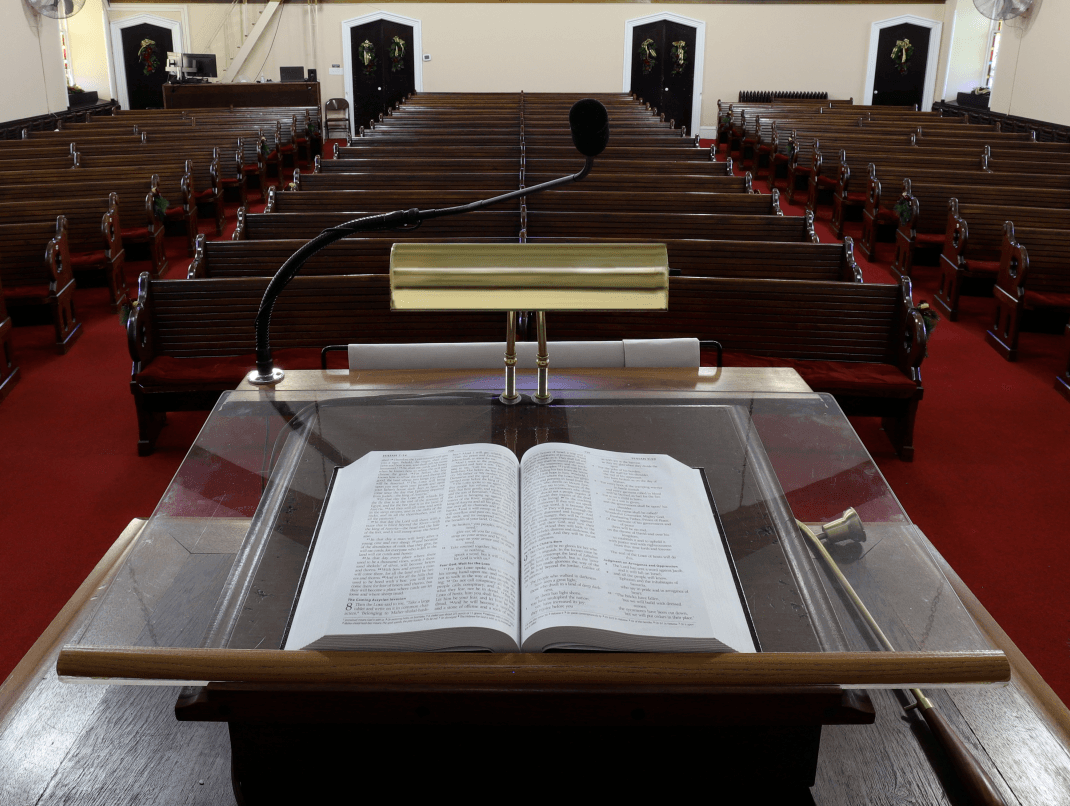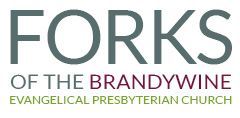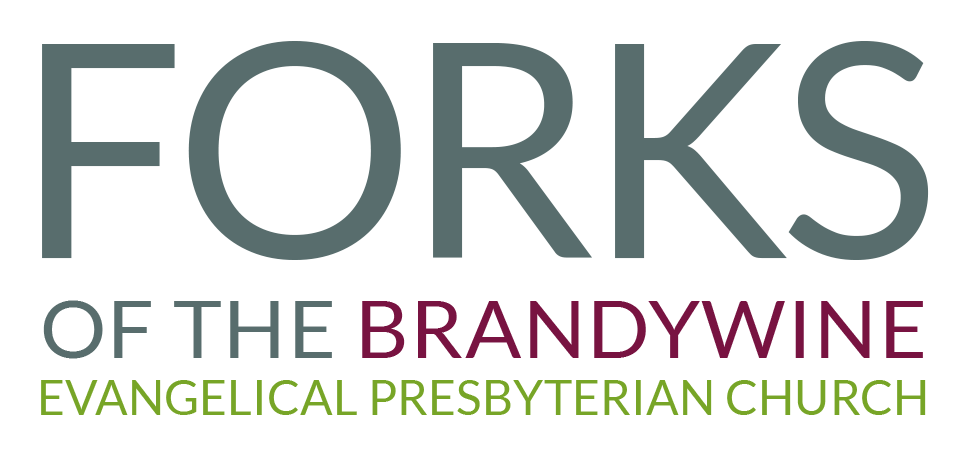Tender Compassion
GOD's Tender Compassion
The biblical nation of Israel (which is not the same as the modern nation of Israel today) was destroyed by Roman legions in the 1st century. The scale of the slaughter of the Jewish people in that war was astronomical. Tens of thousands perished, and thousands more were exiled. Jerusalem was pulverized, the Second Temple obliterated, and the land put to the sword and the flame. The brutality of the Romans was unmatched, and the loss of the temple has left a permanent scar on the Jewish soul. There is a Jewish holyday that is dedicated to remembering and mourning those tragic events. The Rabbis believed those events also left a permanent scar on God’s soul as well.
The other day I was reading a passage in the Talmud, the holiest book in Judaism after the Old Testament. In that passage, the Rabbis are discussing how God spends his day. There are twelve hours in the daytime, they said, so what does God do with those hours? Here is what they concluded. God breaks up those twelve hours into four quarters. In the first quarter, God occupies himself with the Torah (the Law of Moses). Apparently, God reads and studies his own word three hours a day! In the second quarter, God sits in judgment over the world. In the third quarter, God provides the world with food. In the fourth quarter, he plays with Leviathan (see Psalm 104:26). Leviathan is a mythical creature in the Old Testament. In other words, God ends his day by playing with his pet, laughing and enjoying himself. But, the Rabbis taught, this changed when the Romans destroyed the Temple and massacred the Jewish people. God no longer plays with Leviathan, they said, meaning God no longer laughs. All his laughter has been turned to mourning by the memory of what happened to his people. He has a permanent scar on his soul, and he will never laugh again, the Rabbis say, until the day the Messiah comes.
If God no longer laughs and no longer plays with Leviathan in the fourth quarter, what does he do? This is their answer. God sits with the little Jewish children who were slaughtered by the Romans, and he teaches them. When I read that, it took my breath away. My imagination is vivid enough to picture it: God sitting on the floor with these precious little ones at the end of every day, teaching them who he is, showing them how much he loves them, his heart turned from laughter to sadness because he cares about them so deeply and grieves for their suffering. It is a stirring image of God’s tender compassion. The Rabbis do not mean it literally. They are trying to teach theology through parables, just like Rabbi Jesus (Luke 18:15-17). They want to drive home the fact that God remembers his people, remembers our suffering, carries our grief in his own heart, and cares about the loved ones we have lost (see 1 Peter 5:6-11).
I believe God still cares for the Jewish people (Rom. 11:28-29). I believe his tender compassion still runs deep in his heart when Jews are slaughtered. On October 7th, Hamas terrorists massacred 1400 innocent Jews. The horror and evil of that day are sickening. Surely God will sit with those children who were brutally murdered. Laughter turns to mourning. God remembers, and so must we. There is a scar on our souls too. This war is devastating, but we pray for God’s mercy, for peace, and the innocent. May evil be vanquished, and may Israel prevail (Ps. 125:4-5).
Peace and grace,
Pastor Wesley
The Pastor's Pen





